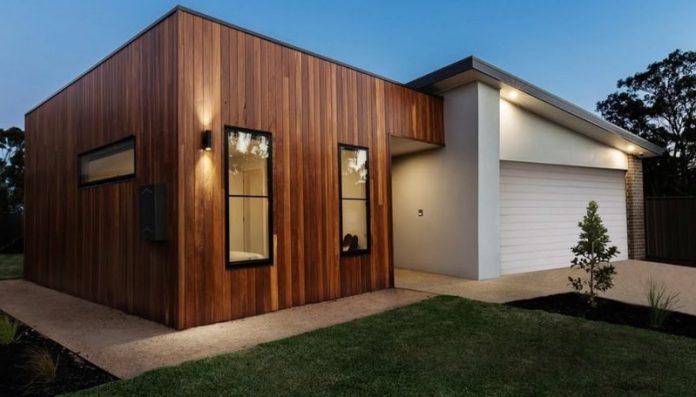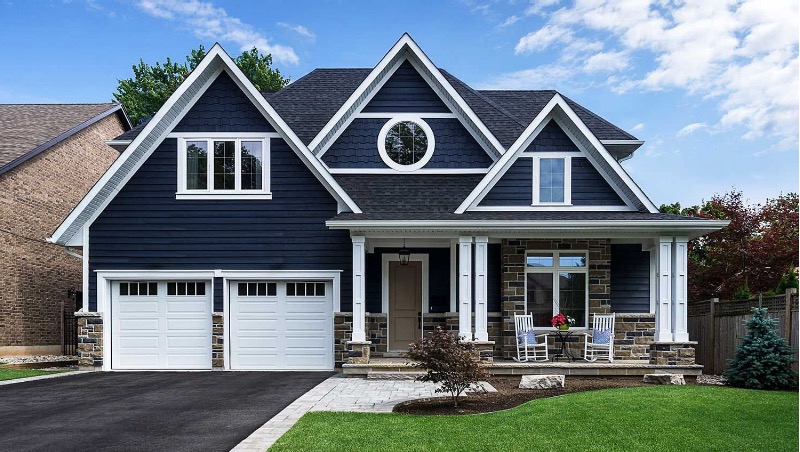Erlanggablog.com – If you’re looking to add new cladding to your home, you have come to the right place. Here are some tips for selecting the best material for your home. Keep reading to learn more! Listed below are the main benefits of Cladding Siding. Once installed, it will provide years of protection for your home. Read on to find out why! Just like the name suggests, siding is applied to the exterior side of a wall.
Choosing a Good Building Structure
Building codes apply to any permanent structure, whether attached to the ground or attached to a home. When choosing your siding material, make sure it is approved by the building department. Most siding materials require an inspection by the building department before they are installed. Before you install siding, make sure to submit your site plan to the building department to ensure that everything goes according to plan. By doing so, you can prevent any problems with the installation process later.
When people hear the word cladding, they automatically think of siding. The two terms are used interchangeably, but they have differences. Cladding is used to cover the exterior surface of a building and can be installed either vertically or horizontally in panels. The most common materials used for cladding are wood, aluminum, and engineered materials. Stone and brick are commonly called masonry, while all the other materials are generally referred to as cladding. Many professionals use the term as a catch-all term.
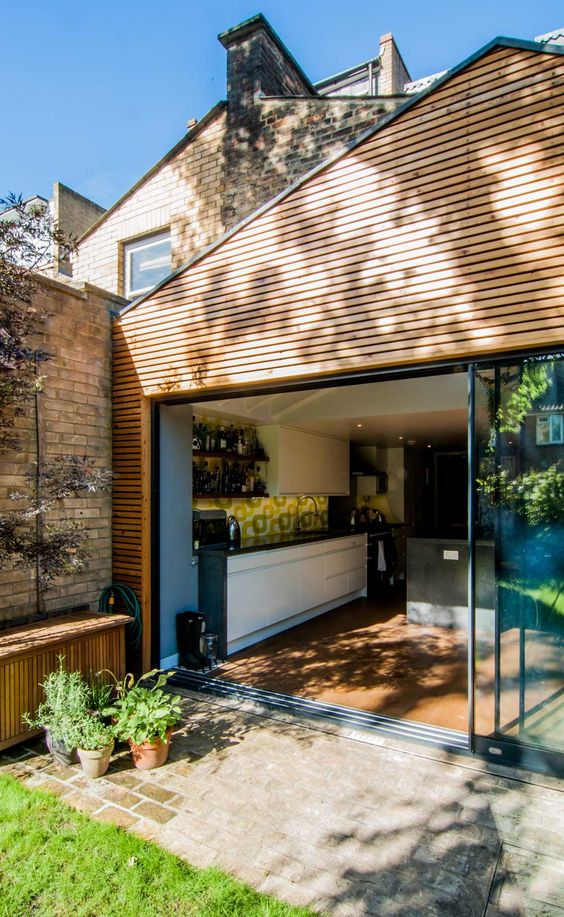
Metals are also a good choice for cladding. Compared to other metals, aluminum siding has a lower cost, but the finish will quickly fade and is prone to scratches and dents. Stainless steel siding can last much longer than other types of metal panels. Stainless steel is also resistant to rust. The only drawbacks of steel are that it can scratch easily. It is also dent-resistant, making it a good choice for coastal areas.
Important Tips for Home Cladding
A few important tips for cladding your home include doing your research to find the best product for your home. While choosing a cladding or siding product, keep in mind that quality is essential. Make sure to consult a professional for the best advice on the right choice. Remember that the final decision will depend on how much your budget will allow. It’s always better to spend a little more money on quality than you think you’ll need, so don’t skip this step!
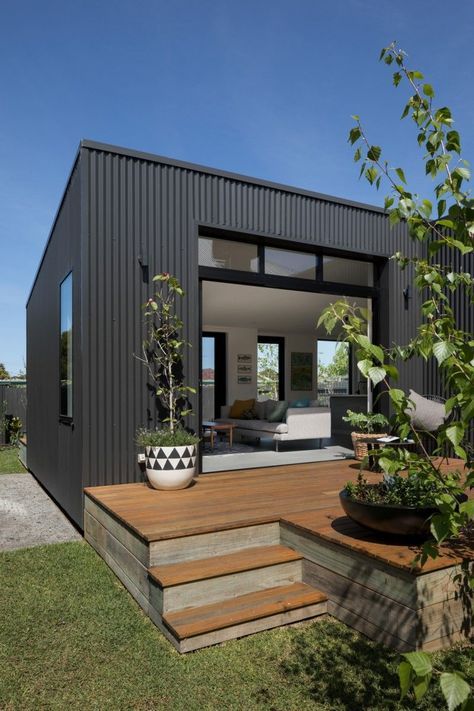
When considering your options, it’s important to decide how much maintenance you’re willing to dedicate to it. For the most part, cladding materials are low-maintenance and eco-friendly. Some composite sidings are even made out of recycled wood, which reduces production waste and has very low VOC emissions. In addition, composite siding mimics the look of real wood, but is less susceptible to the elements and water.
Benefits of Choosing Wood as Cladding Material
Another benefit to choosing wood as your cladding material is the natural beauty of the material. However, traditional wood siding has several drawbacks, including the tendency to warp and crack. In addition, it is expensive over time, contributes to deforestation, and may require harmful chemicals to keep its appearance. To avoid these problems, there is an excellent alternative: TimberTech. Made of a composite material, TimberTech is a highly durable and eco-friendly option for exterior cladding.
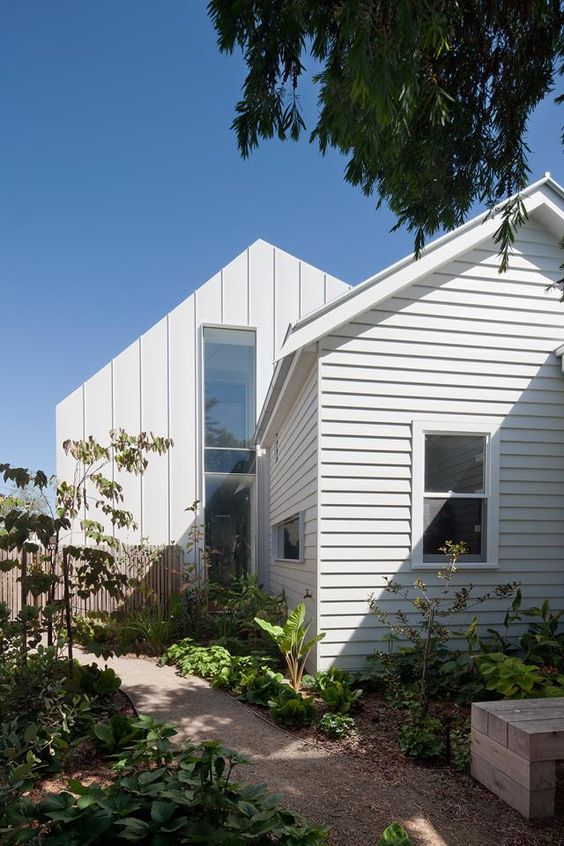
If you want your home to look great and have a lasting value, consider exterior cladding. These materials add style to the facade of your home and increase curb appeal. Some options include traditional wood, brick, and aluminum. They can also help improve the insulation of your home, thus reducing your energy bills. Lastly, cladding is an excellent way to add a design detail to your porch ceiling. Just remember that not all exterior claddings are created equal!
